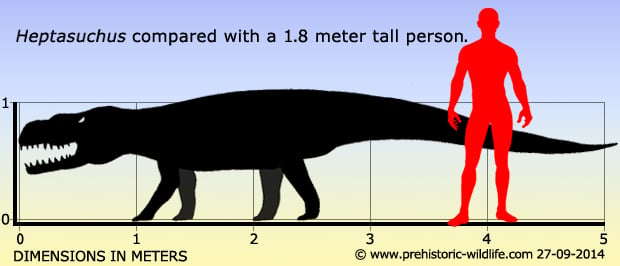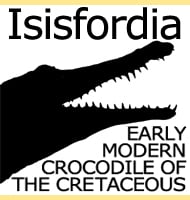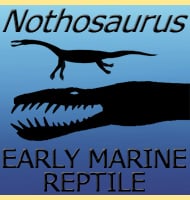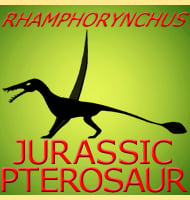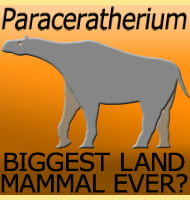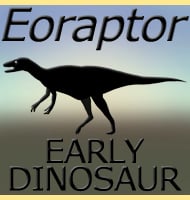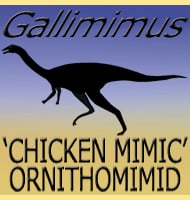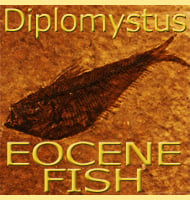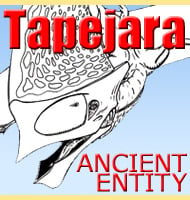In Depth
Heptasuchus is a genus of fairly large rauiscuhian that lived in what is now Wyoming during the mid/early late Triassic. Rauisuchians were the top predators on land and held onto this title until the appearance of large theropod dinosaurs. Out of these Heptasuchus is usually considered to be most similar to Batrachotomus from Germany, and both of these are usually classed as prestosuchids (Similar to Prestosuchus). This association by classification may indicate that Heptasuchus was primarily quadrupedal, though this cannot yet be confirmed because the limbs of Heptasuchus are only known by partial remains. By contrast another rauisuchian from the same formation as Heptasuchus named Poposaurus is confirmed to have been an obligate biped.
At the time of writing all of the known Heptasuchus individuals have been found in close proximity to one another. Large rauisuchians like Heptasuchus are usually perceived to have been ambush hunters that would stake out watering holes and wait for their prey to come to them. The accumulation of the same predators around one watering hole has been used to explain the occurrence of several Heptasuchus close to one another. Here though it seems that a drought may have forced the Heptasuchus to cluster together before they themselves succumbed to death from dehydration, perhaps as a result of seasonal rains being unusually late.
Further Reading
- A rauisuchid thecodont from the Upper Triassic Popo Agie Formation of Wyoming. - Journal of Paleontology 53:1428-1431 - R. M. Dawley, J. M. Zawiskie & J. W. Cosgriff - 1979. - The relationships and type locality of Heptasuchus clarki, Chugwater Group (Middle to Upper Triassic), Southeastern Big Horn Mountains, Wyoming, USA. - Journal of Vertebrate Paleontology 31 (Supp. 1): 219. - J. M. Zawiskie, R. M. Dawley & S. J. Nesbitt - 2011.
